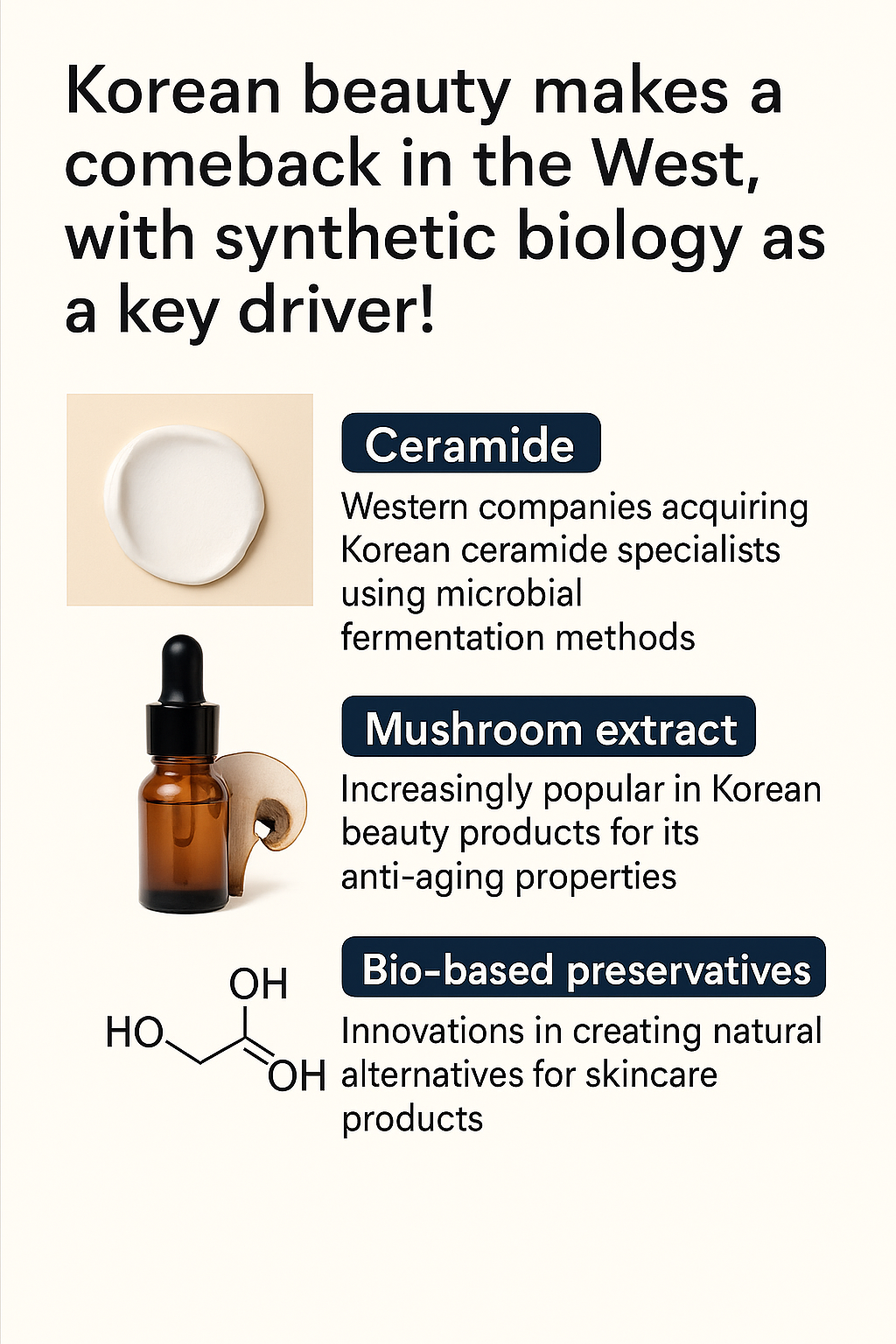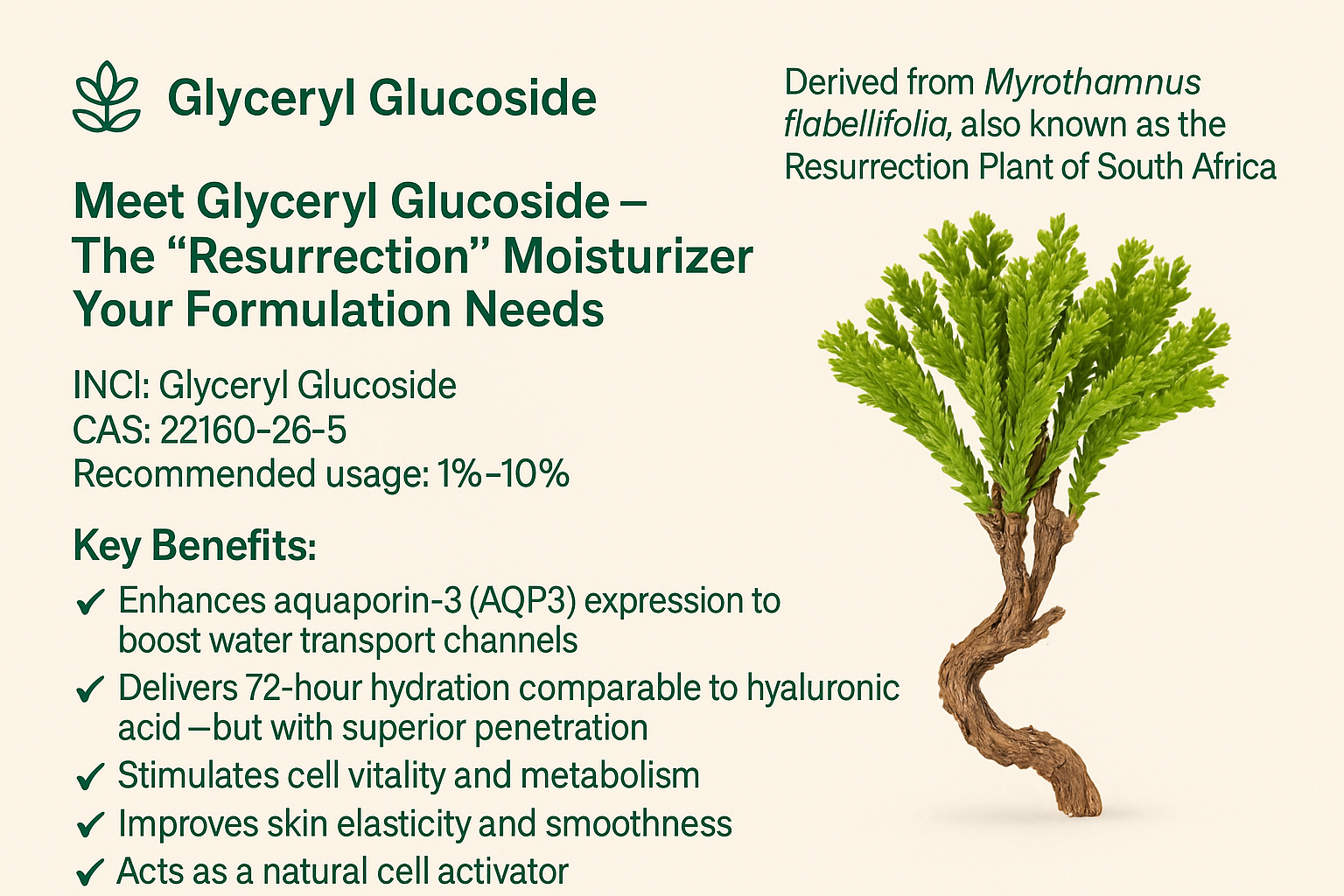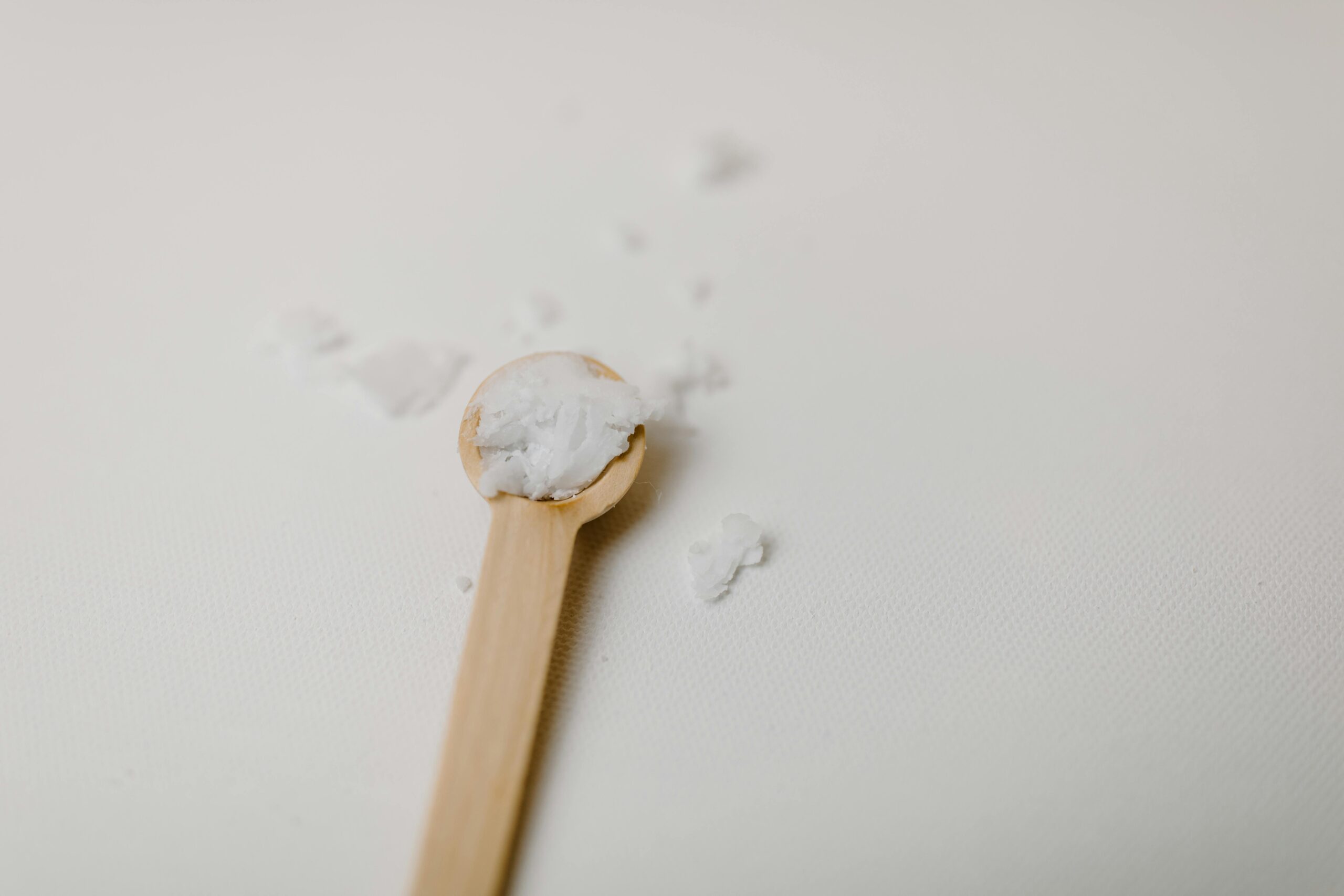Once struggling in China, Korean beauty is now making a strong comeback — this time in North America and Europe.
📈 According to Korea’s MFDS, the country’s cosmetics exports hit an all-time high of $10.2 billion in 2024, up 20.6% year-over-year.
Even more telling: Korea’s exports to the U.S. alone reached $1.7 billion, surpassing France’s $1.26 billion in the same period (Bloomberg, 2024).
💡 The secret behind this resurgence?
A strategic shift toward natural ingredients + biotech innovation — making K-Beauty not just affordable, but also high-performance and sustainable.
Take Glow Recipe, now a cult-favorite brand in the U.S. Co-founder Sarah Lee calls it a “strategic identity upgrade” of K-beauty, one now celebrated on TikTok and Instagram for its bio-based and skin-safe ingredient stories.
🚀 Three biotech-powered product categories are leading the charge:
1️⃣ Ceramides – Biotech Meets Barrier Care
Western giants are racing to secure fermented ceramide tech from Korea.
Croda acquired Solus Biotech for £232M in 2023, gaining fermentation-based ceramide manufacturing.
Syensqo (Belgium) followed by acquiring Jin Young Bio for its engineered yeast ceramides.
Microbial fermentation now leads ceramide production for its higher purity, eco-friendliness, and scalability.
2️⃣ Mushroom Extracts – The Next Natural Hero
Ganoderma and Tremella mushroom extracts are making waves in premium lines like Amorepacific’s Sienu and Mary & May, offering anti-aging and UV-defense benefits.
KAIST is actively working on the biosynthesis of L-ergothioneine, an antioxidant found in mushrooms — signaling more biotech-mushroom innovation to come.
3️⃣ Natural Preservatives – The Final Frontier in Clean Beauty
Preservation is often the weakest link in “natural” skincare. But companies like GS Caltex are changing that with 2,3-Butanediol – a biobased preservative derived from cassava and sugarcane, now Ecocert COSMOS certified.
Antimicrobial peptides (AMPs) and bio-based 1,3-Propanediol from Chinese company are also emerging as clean alternatives to fossil-based preservatives.
🔁 K-Beauty’s Comeback in the West — Fueled by Synthetic Biology 🌱



